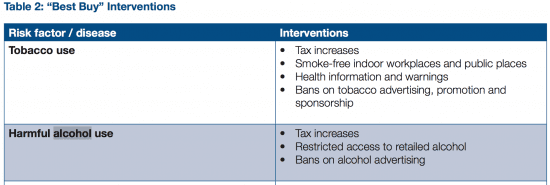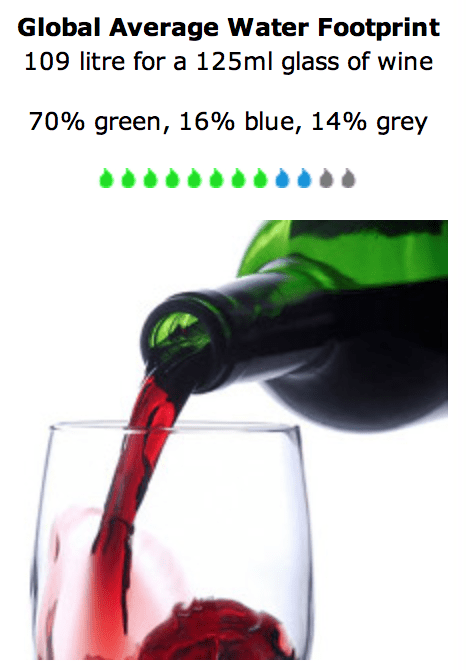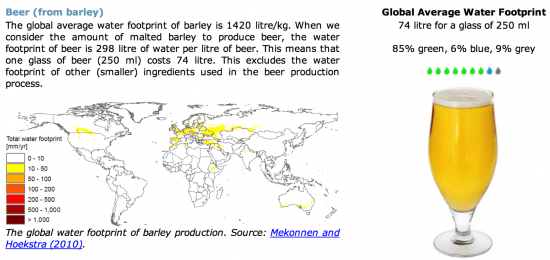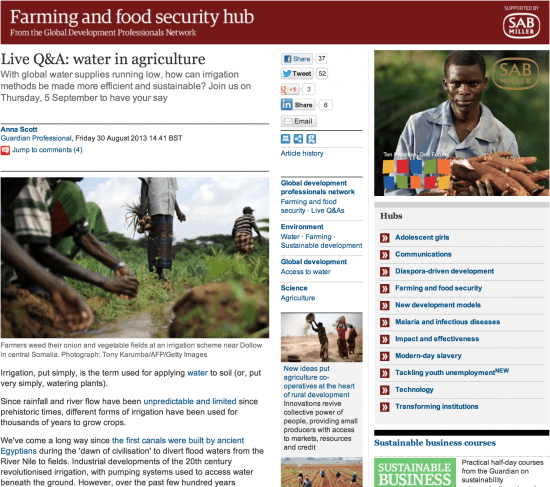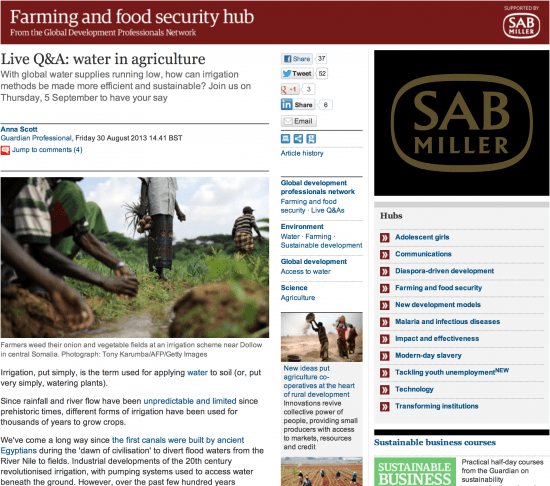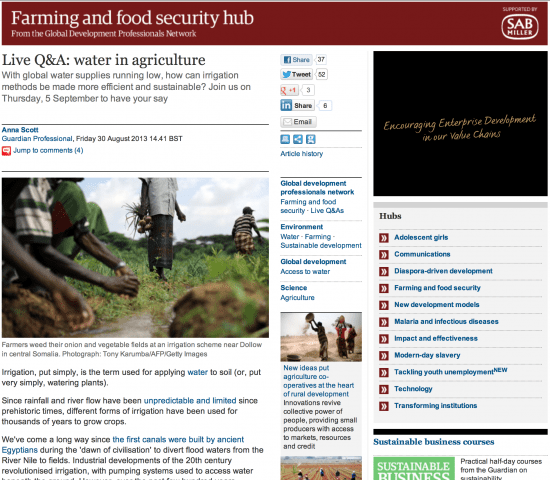It’s World Water Week. And in Stockholm the World Water Week – hosted and organised by SIWI – is being celebrated under the thematic scope: “Water Cooperation- Building Partnerships“.
Water is precious.Water is the most valuable thing we have on earth because really, without water nothing is possible. Human life is impossible without water. I drink three liters of water every day. And I enjoy every single drop of it because of two reasons:
- It’s the best drink in the world: refreshing, healthy, simple, magic.
- Fresh, clean drinking water is not available to all human beings and so I feel incredibly lucky and deeply thankful – especially since I have just travelled East Africa – that I can go to the tab and just fill up my glass with the magical substance.
It is obvious that the world has problems and face huge challenges in providing safe, clean drinking water to all human beings.
It’s a human right. On 28 July 2010, through Resolution 64/292, the United Nations General Assembly explicitly recognized the human right to water and sanitation and acknowledged that clean drinking water and sanitation are essential to the realisation of all human rights.
It’s a Millenium Development Goal, under the umbrella goal #7 to “Ensure environmental sustainability”, the specific goal is to “Halve, by 2015, the proportion of the population without sustainable access to safe drinking water and basic sanitation.”
Some progress has been made and millions of people in low- and middle income countries benefit:
- The world has met the target of halving the proportion of people without access to improved sources of water, five years ahead of schedule.
- Between 1990 and 2010, more than two billion people gained access to improved drinking water sources.
- The proportion of people using an improved water source rose from 76 per cent in 1990 to 89 per cent in 2010.
However, travelling – like I did in the recent months – through East Africa and South East Asia, where many of our members in IOGT International live – also shows that much needs to be done, still and that the world community has no time to rest:
- Over 40% of all people without improved drinking water live in sub-Saharan Africa.
- In 2011, 768 million people remained without access to an improved source of drinking water.
- Despite progress, 2.5 billion in developing countries still lack access to improved sanitation facilities.
Just imagine this fact:
70% of the world’s water resources are used for agriculture and irrigation, according to the Food and Agriculture Organisation of the United Nations.
In the face of global water supplies running low – increasingly even in high-income countries like the USA – we all have to ask ourselves and our decision-makers: What can I do to protect and cherish drinking water in my daily life? What ought our decision-makers do to protect water resources?
The answer is simple this time: use less alcohol, or better yet live free from alcohol. This is something that every individual can take responsibility for and that decision-makers can act upon through regulations, using the 3 Best Buys.
I’d like to share with you two simple facts illustrating my point clearly:
- The water footprint of wine is horrible. To get one liter of wine, 870 litters of water are needed. It means that one glass of wine (125ml) costs 110 liters of water.
- The water footprint of beer is horrific. Per one liter of beer, 298 liters of water have to be used. One glass of beer (250ml) costs therefore 74 liters. One bottle of beer (500ml) costs 148 liters.
Alcohol is no ordinary commodity. Evidence shows it. Alcohol production harms communities especially in regions where drought is common. We see more and more examples from around the world where alcohol production by Big Alcohol causes the ground water to dry up.
And the people in the communities, in the villages in East Africa or South East Asia know it. In all of the six workshops during my East Africa trip the participants from all over the East African region talked about water and food security that is being damaged by alcohol production.
Therefore I am appalled by pages like this one in The Guardian:
Big Alcohol is trying to buy an image and the question is, can they also buy the truth? Anna Scott of The Guardian writes:
According to a World Water Vision report, ‘the crisis is not about having too little water to satisfy our needs. It is a crisis of managing water so badly that billions of people – and the environment – suffer badly.'”
That means the problems we have today are due to lack of judgements and wrong decisions that are being made. And the global alcohol industry has an obvious profit interest in those wrong judgements and bad decisions. They want to produce and sell more alcohol, depleting the water resources that could be available.
The Guardian moves on to ask:
How can industrial irrigation methods be most efficient and minimise waste? How can agricultural groups in developing countries be encouraged to use water sustainably? What more can multi-sector partnerships and regulatory bodies do to promote sustainable irrigation?”
- Industries that produce harmful substances and whose water footprint is destructive should be tightly regulated. It’s not primarily a question of better irrigation methods, but a question of what (developing) societies should allocate their resources to in order to promote development, well-being and prosperity. Big Alcohol due to the vast alcohol harm it causes, does not play a role in this work obviously.
- Global corporations, like SAB Miller in Sub-Saharan Africa should be tightly regulated and should obviously not be allowed to establish operations in water scarce regions. We can clearly see that those factories deplete ground water and food security. Production of food should be driven by locals with roots in the communities who have managed of centuries to live and grow foods in harmony with nature’s resources, not in conflict with nature like global corporations, for example Big Alcohol, do.
- So, the fundamental question is not about irrigation but about what practices, what kind of productions are sustainable and contribute positively to overall community and societal development. Who is it that brings long-term health and well-being and prosperity to the respective societies through their operations?
It is not Big Alcohol. And during World Water Week it’s high time to emphasise this and to spread the word – hopefully The Guardian will join the choir of evidence.
